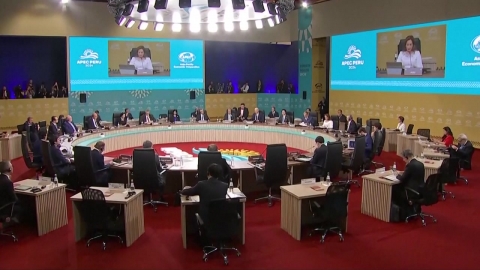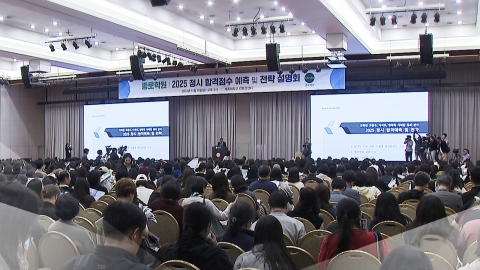It's been about two months since financial authorities began tightening lending in the banking sector, including sharply tightening lending conditions.
Perhaps due to the policy effect, the rate of increase in household loans is decreasing in the five major banks, but loans from the second financial sector are increasing significantly.
The so-called "balloon effect" of shifting demand for loans is being confirmed.
Reporter Oh Dong-gun reports.
[Reporter]
It is estimated that loans from the second financial sector, such as credit loans and credit card loans, which are called the rapid power of the common people, soared by more than 1.5 trillion won last month.
According to the financial sector, credit card loans, cash services, and credit loans by credit card companies and capital companies increased by more than 900 billion won last month.
Insurance Terms and Conditions Loans', a product that receives loans within the scope of refunds instead of termination of insurance
It has increased by about 300 billion won, and it is called a representative 'recession-type loan'.
[Juwon / Head of Economic Research at Hyundai Research Institute: Consumers need urgent funds. That's why I think there's a balloon effect in which loans increase a lot in the second financial sector and now in credit loans.
As the five major banks strengthened their lending conditions, demand for loans shifted to the secondary financial sector, which is relatively easy to borrow.
It is the first time in three years and three months that loans from the second financial sector have increased by more than 1.5 trillion won in a month since July 2021, when Kakao Bank and other public offering shares were subscribed.
[Kim Kwang-seok / Hanyang University Adjunct Professor: The unstable employment of wage workers and the sluggish sales of self-employed people can be seen as a movement of livelihood loans to overcome it, and it can be analyzed that it is different from the increase in investment-type debt, which has increased existing debt.]
Financial authorities reportedly set pace by asking the second financial sector to submit loan targets in November and December
Attention is also focusing on whether measures to prevent the 'loan balloon effect' can be taken at the
Financial Services Commission's household debt inspection meeting.
This is YTN Oh Dong-gun.
Video editing: Jung Kook-yoon
Design: Baek Seungmin
※ 'Your report becomes news'
[Kakao Talk] YTN Search and Add Channel
[Phone] 02-398-8585
[Mail] social@ytn.co.kr
[Copyright holder (c) YTN Unauthorized reproduction, redistribution and use of AI data prohibited]

![[Weather] Today (Sat) Jungbu and Honam autumn rain...It's cloudy, but it's cozy!](https://image.ytn.co.kr/general/jpg/2024/1116/202411160820074646_h.jpg)






![[G-Star 2024] HiveIM's first outing raises expectations for new works](https://image.ytn.co.kr/general/jpg/2024/1115/202411151733271198_h.jpg)
![[G-Star 2024] Gravity, Main IP 'Ragnarok 3', etc. will be released for the first time.](https://image.ytn.co.kr/general/jpg/2024/1115/202411151613167158_h.jpg)